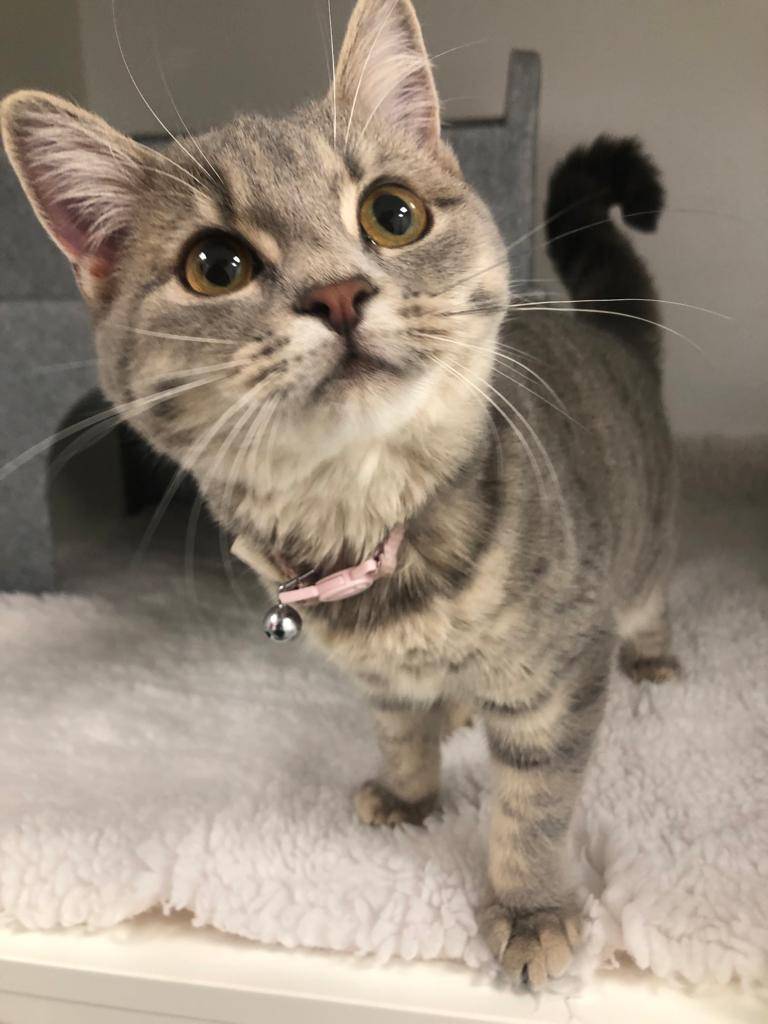Your cat’s health and wellbeing
Our top Norwich cat vet
Cats are independent creatures, but they still need attention and care. You should groom your cat regularly to keep its coat healthy and shiny. You should also provide them with toys and scratching posts, hiding spots, and elevated perches to keep them entertained and prevent destructive behaviour. Engage regularly in interactive play sessions to keep them physically active and mentally stimulated.
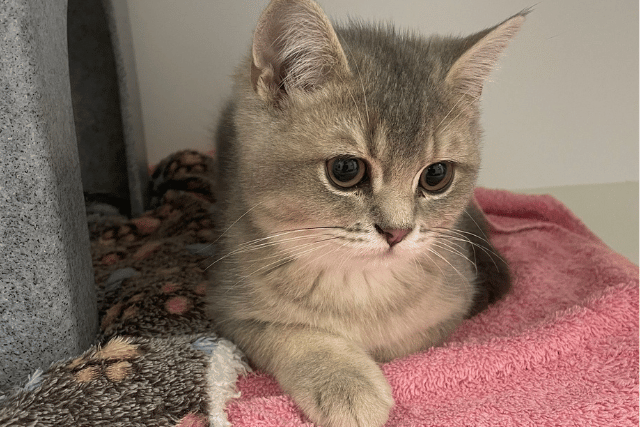
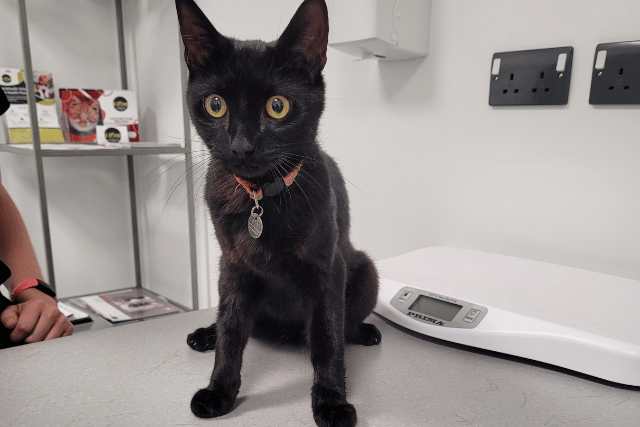
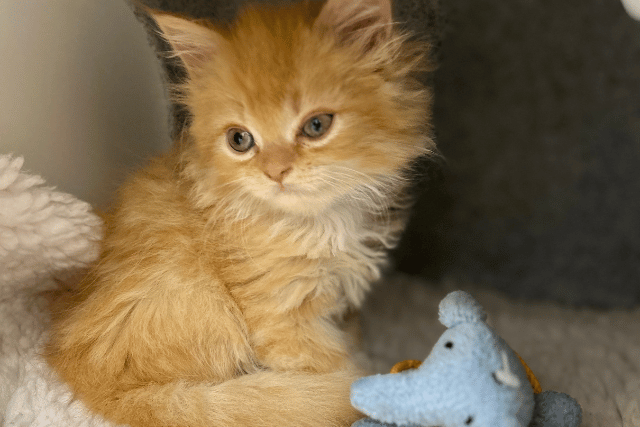
Preparing your home for a new kitten or cat
Before bringing your new cat home, create a safe and welcoming environment. Provide essential supplies such as food and water bowls, a litter box, scratching posts, toys, and a cosy bed. Create designated spaces for your car to explore, rest and play. Ensure your home is cat-proofed by removing potential hazards and securing toxic substances.
Microchipping
While microchipping your cat isn’t compulsory at the moment, the Government’s announcement on 13 March 2023 means that all pet cats in England must be microchipped by 10 June 2024 and you will be given 21 days to get your cat chipped or face a fine of up to £500 if you don’t comply.
Whether you’ve just bought a kitten or adopted an older cat, making sure they are microchipped should be top of your list. Microchipping your cat at our cat vet gives them the best chance of being identified and returned to you if they are lost or stolen. Microchips are safe, easy to implant, and effective. Unlike collars and ID tags, microchips don’t come off and they don’t put your cat at risk of injury.
Nutrition
Cats are obligate carnivores which means they require a diet that is high in protein and fat. They also need taurine which is an amino acid that is essential for their heart and eye health. You can feed your cat either wet or dry food but ensure that it is a high-quality brand that meets their nutritional needs. ensure that your cat always has access to fresh water and feed them away from their litter box. You can also give them treats, but make sure they are not more than 10% of their daily calorie intake.
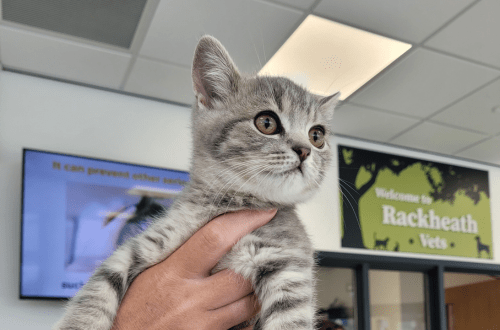

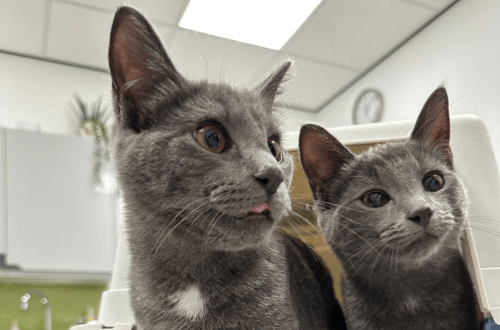
Neutering
Castrating and spaying your cat has numerous health benefits such as unwanted pregnancies, reducing the chance of your cat getting into a fight, roaming away from home, and catching diseases such as FIV. We recommend that you spay or neuter your kitten from four months of age dependant on breed. Please speak to us to discuss the optimal time for this procedure to be carried out.
Socialisation
Early socialisation is crucial for a well-adjusted cat. Gradually expose your kitten to different people, environments, and experiences.
Provide opportunities for play, gentle handling, and exposure to various stimuli to ensure a well-rounded confident cat.
Vaccinations
Vaccinating your cat protects them from a range of serious diseases such as Cat Flu, Feline Panleukopenia and Feline Leukaemia virus (especially important if they go outside). Kittens are usually vaccinated at 9 and 12 weeks with an annual booster. Please contact us if you have any queries or questions regarding vaccination.
Multicat households
Introducing a new cat to an existing feline household requires careful planning. Gradual introductions and separate living areas (to begin with) can minimise stress and promote positive interactions.
Take advantage of the cats’ keen sense of smell to de-sensitise and counter-condition the cats to each other using scent. To achieve this, do a “scent swap”. Take a clean, soft cloth and rub it gently on your new cat’s face and cheeks, head, and neck. Take a different cloth and do the same with your existing cat. Rub the cloths gently on the opposite cat to allow a scent exchange. You can also rub the cloths over furniture, scratch posts and the cat’s beds.
Ensure that each cat has sufficient resources, including food, water, and individual attention to avoid territorial conflicts. It is important to ensure that you have sufficient litter boxes available. You will need one more litter box than the number of cats in your household, ideally, these should be placed in different areas of your home and also have some with a lid and some without.
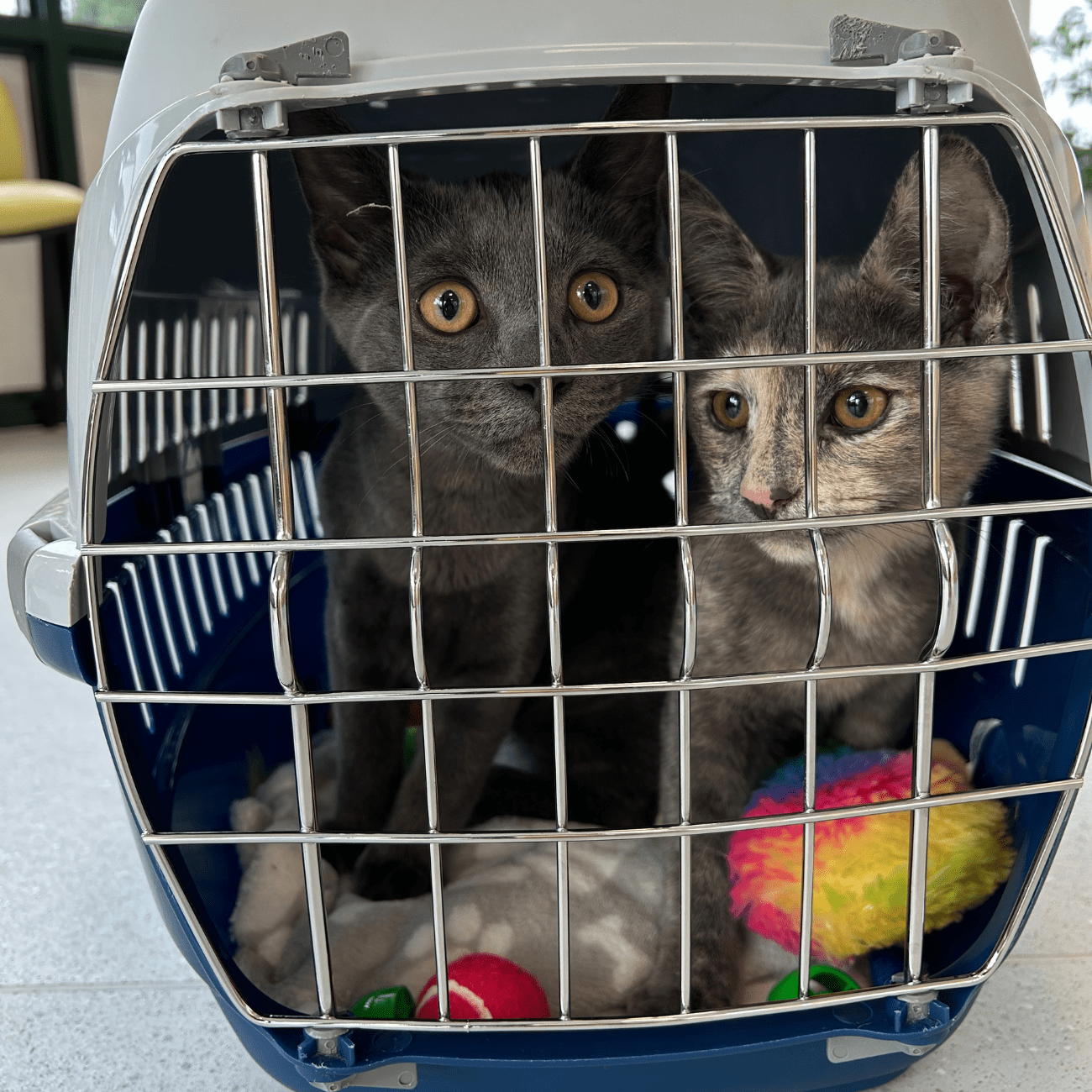
Carrier training
Being put in a carrier and brought to the vet can be a stressful experience for both you and your cat. To help avoid this introduce your cat to a carrier early on and make it a positive experience. Associate the carrier with pleasant things, such as treats and comfortable bedding. Leave the carrier out to allow your cat free access to its carrier so it becomes a familiar and calm and stress-free environment. Once they are comfortable going inside the carrier, you can start closing the door for short periods of time and gradually increase that time until they are comfortable being shut inside for longer periods.
Flea, worm, and tick control
Fleas, worms, and ticks are common parasites that can infest cats and potentially cause a range of health problems. Fleas can lead to skin irritations, and allergies, and even transmit tapeworms. Worms, including roundworms and tapeworms, can affect a cat’s digestive system and overall health. Ticks can transmit serious diseases such as Lyme disease.
Keep an eye out for signs of infestation such as excessive scratching, hair loss, irritated skin, visible parasites, flea dirt (small black specks that resemble pepper and turn red when placed on a piece of damp tissue paper), or evidence of worms in your cat’s faeces. Regularly check your cat’s fur, skin, ears, and paws for any signs of parasites.
Maintaining effective flea, worm, and tick control is crucial to safeguarding the health and well-being of your cat. By implementing preventative measures, staying vigilant for signs of infestation, and using veterinarian-recommended products, you can minimise the risks associated with these parasites.
We offer a Health Care Plan which will ensure that the correct strength of the product, which is dependent on your cat’s weight, is delivered directly to your door to ensure a happy and healthy life for your cat.
To enable your vet to legally prescribe flea and worm products for your cat or kitten, they must be seen once a year. A good time to do this is initially when you first get them and then annually when they have their booster vaccinations.
Choosing a Kitten
Bringing a kitten into your family is an exciting time, but care should be exercised when choosing your new kitten. Before you pick your kitten do your research and consider factors like breed characteristics, personality, and health issues. Choose a reputable breeder or consider adopting from a rescue.
When you choose your kitten, ensure that your kitten has bright clear eyes, clean ears, and does not have a runny nose. Check its rear end to make sure that it is clean. Kittens should be active and inquisitive.
Ensure that your new kitten has received appropriate veterinary care, i.e., vaccinations, worm, and flea treatments and that it has been properly socialised. Remember to register your new cat or kitten with your vet and it is advisable to book an appointment soon after you have them to make sure that they are healthy and to enable you to have your flea and worm products prescribed for the coming year.
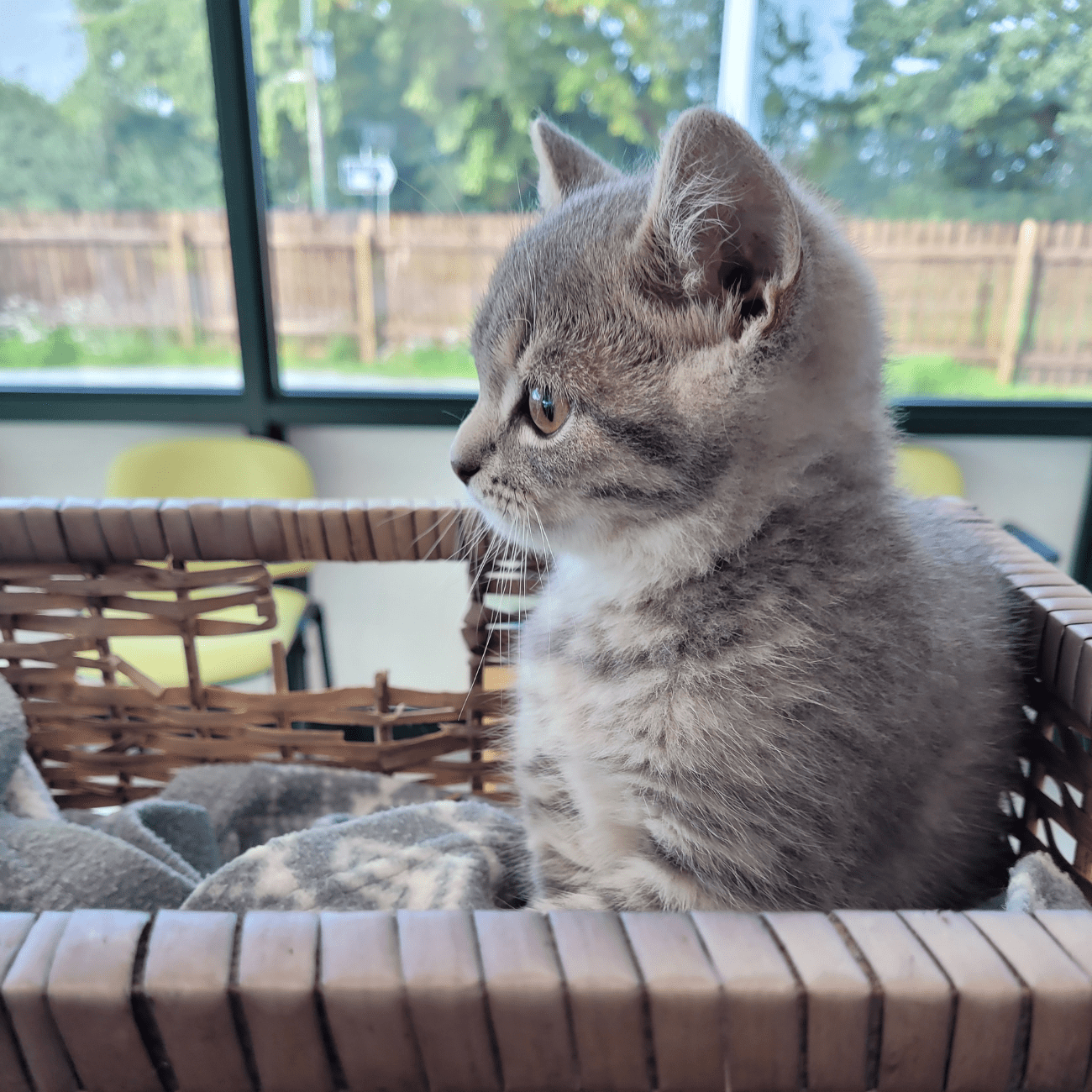
Conclusion
By understanding and addressing the various aspects of cat health, you can provide your feline companion with a fulfilling and happy life. From nutrition and training to vaccinations and socialisation, each element plays a crucial role in maintaining their overall well-being. Remember at Rackheath Vets we are here to help you with personalised advice and recommendations tailored to your cat’s specific needs. Don’t hesitate to call our cat vet on 01603 955056. With proper care and attention, you can ensure a lifetime of good health for your beloved cat.
Useful Websites
Cats Protection:
www.cats.org.uk
International Cat Care:
www.icatcare.org
